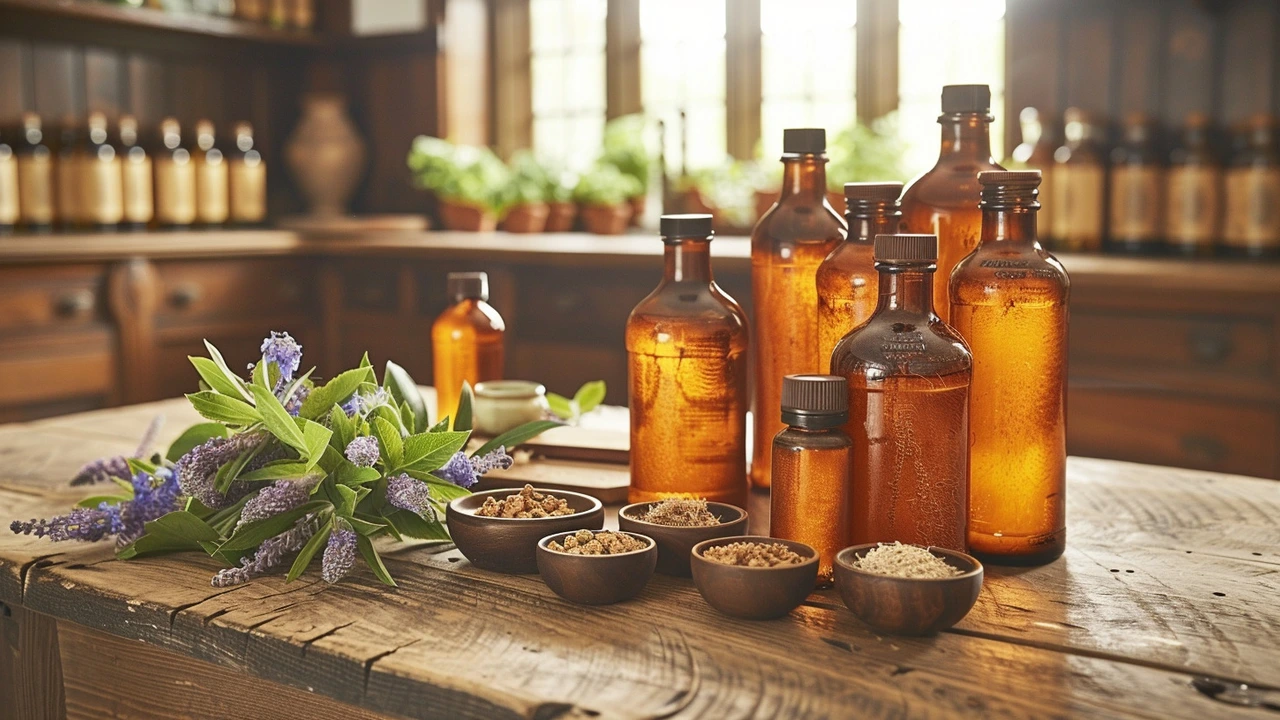Birch supplement: what it does, how to use it, and what to watch for
Ever wondered why birch keeps showing up in natural health chats? People have used parts of the birch tree — leaves, bark, and sap — for decades. Today you can find birch supplements as teas, capsules, extracts, and topical creams. This guide explains the common uses, practical dosing, and simple safety tips so you can decide if birch might fit your routine.
Benefits and common uses
Birch supplements are mostly sold for joint comfort, mild inflammation, and skin care. The leaves contain compounds that act as mild diuretics and antioxidants, so some folks use birch tea to support fluid balance and general wellness. Birch bark and extracts contain betulin and betulinic acid — plant compounds people study for their effects on skin and inflammation. Topical birch products are popular for irritated skin and minor aches thanks to their cooling, salicylate-like action.
People also use birch sap as a seasonal tonic. Sap is mostly water with small amounts of minerals and sugars. It’s often marketed as a gentle refreshment rather than a medicine. If you want a mild natural option for tired skin or occasional joint stiffness, birch supplements are one of the gentler choices available.
How to use birch supplements safely
Form matters. Birch tea is easy: steep 1–2 teaspoons of dried leaves in hot water for 5–10 minutes, drink up to twice daily. Standard leaf or bark extracts in capsules commonly range from 300–600 mg per dose; follow the label or ask a pharmacist. For topical products, apply a thin layer to a small test area first — watch for redness or itching for 24 hours.
Watch for interactions. Birch contains natural salicylates, so avoid it if you take blood thinners like warfarin or if you have an aspirin allergy. Don’t combine birch supplements with other strong diuretics without medical advice. If you have kidney disease, talk to your doctor before using birch as a diuretic or taking large amounts of the tea.
Pregnant and breastfeeding people should skip birch supplements unless a healthcare provider gives the green light. Herbs can affect hormones and pregnancy in unexpected ways, and the safety data for birch in pregnancy is limited.
Buying tips: choose products with clear ingredient lists and reputable brands. For extracts, check whether the label lists standardized amounts of active compounds like betulin. Prefer suppliers that provide third-party testing or clear manufacturing info. If you buy birch sap, choose fresh, refrigerated products or well-sealed shelf-stable bottles from trusted vendors.
Short checks before you start: 1) Ask your pharmacist about drug interactions; 2) Start with a low dose and watch how you feel for a week; 3) Stop if you get a rash, stomach upset, or unusual bleeding. Birch can be a useful, mild supplement for some people, but it’s not a cure-all. Use it thoughtfully and get advice when in doubt.
Revolutionize Your Diet with Birch: The Ultimate Guide to Natural Health
Discover the incredible health benefits of incorporating Birch into your diet. This natural supplement is packed with nutrients and can help you achieve optimal wellness. Learn how Birch can improve your digestion, boost your immune system, and enhance your overall health in this detailed guide.
- View More
- 14

